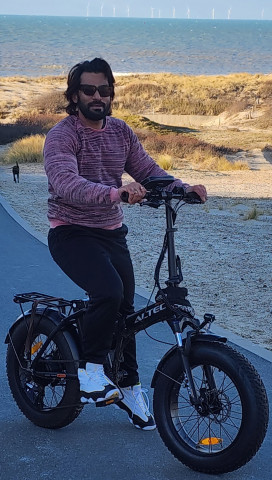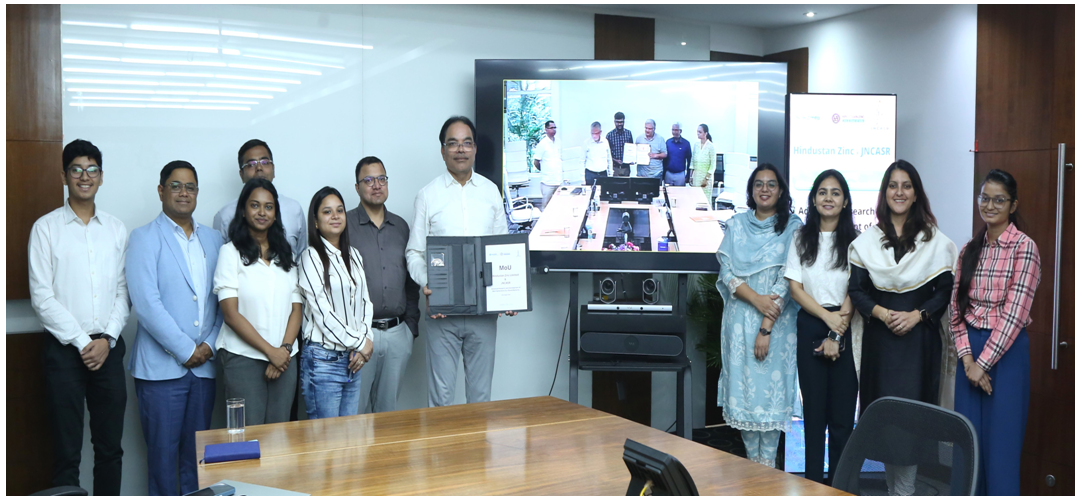2 minutes reading time
(462 words)
From the Editor: Wait and watch, or walk the talk!
The global community stands at a critical juncture, facing the urgency of mitigating human-caused climate change. Nations around the world are taking measures to control the environmental damage. People are discussing whether we really need forums like the COP, whereas the focus should be on how nations are coming together under this initiative to resolve the climate change issues. The discussions and commitments made at this conference signify a collective acknowledgment of the environmental crisis.
Among the important decisions taken this year, was the commitment to fund assistance for those most adversely affected by climate change, acknowledging the concept of 'loss and damage'. Additionally, a vital resolution emerged—a shared determination to transition away from fossil fuels within energy systems. These pledges reflect a global agreement on the necessity for change.
But signing pacts and setting deadlines is not enough, the leaders have to reflect on how climate change is affecting their respective nations, find a resolution and get on with the solution on a war footing. The energy transition is as much about the journey as it is about the goal; it's not only achieving the target date, but also about the measures that need to be taken to reach there.
Clarity of agenda is vital. Without a clear roadmap, the pursuit of change remains unclear. Europe's strides toward embracing cleantech and the United States' monumental decision
Among the important decisions taken this year, was the commitment to fund assistance for those most adversely affected by climate change, acknowledging the concept of 'loss and damage'. Additionally, a vital resolution emerged—a shared determination to transition away from fossil fuels within energy systems. These pledges reflect a global agreement on the necessity for change.
But signing pacts and setting deadlines is not enough, the leaders have to reflect on how climate change is affecting their respective nations, find a resolution and get on with the solution on a war footing. The energy transition is as much about the journey as it is about the goal; it's not only achieving the target date, but also about the measures that need to be taken to reach there.
Clarity of agenda is vital. Without a clear roadmap, the pursuit of change remains unclear. Europe's strides toward embracing cleantech and the United States' monumental decision
regarding the IRA (Inflation Reduction Act) signal significant milestones. The IRA is the largest climate investment in U.S. history, designed to mobilize private capital to achieve climate goals and strengthen long-term growth.
The collective nations' conference saw many different resolves that are expected to lead to a net zero future
Ashok Thakur, Editor-in-Chief, ETN
At COP28 French President Macron emphasized on preserving natural carbon sinks, advocating not only afforestation but also the imperative need to halt deforestation.
Such approaches highlight the multifaceted strategies necessary for effective climate action. The collective nations' conference saw many different resolves that are expected to lead to a net zero future. Diverse approaches were supported—e-mobility promotion, utilization of green hydrogen for long-haul transportation, adoption of low-emission hydrogen in industries, and the prioritization of renewable energy to harness natural resources. The choice, I feel, is between passive observation and decisive action; it's either wait and watch, or walk the talk.
The true success of COP28 will not be measured by the agreements signed, but by the resolute actions taken in the days, months, and years to come. A paradigm shift in our actions is required. Each nation, organization, and individual must embrace this challenge with a solid commitment.
The true success of COP28 will not be measured by the agreements signed, but by the resolute actions taken in the days, months, and years to come. A paradigm shift in our actions is required. Each nation, organization, and individual must embrace this challenge with a solid commitment.
Currently stationed in The Netherlands in my new role, I'm trying to adapt to the electric mobility ecosystem here… starting with my new e-bicycle, to ride the talk!





















